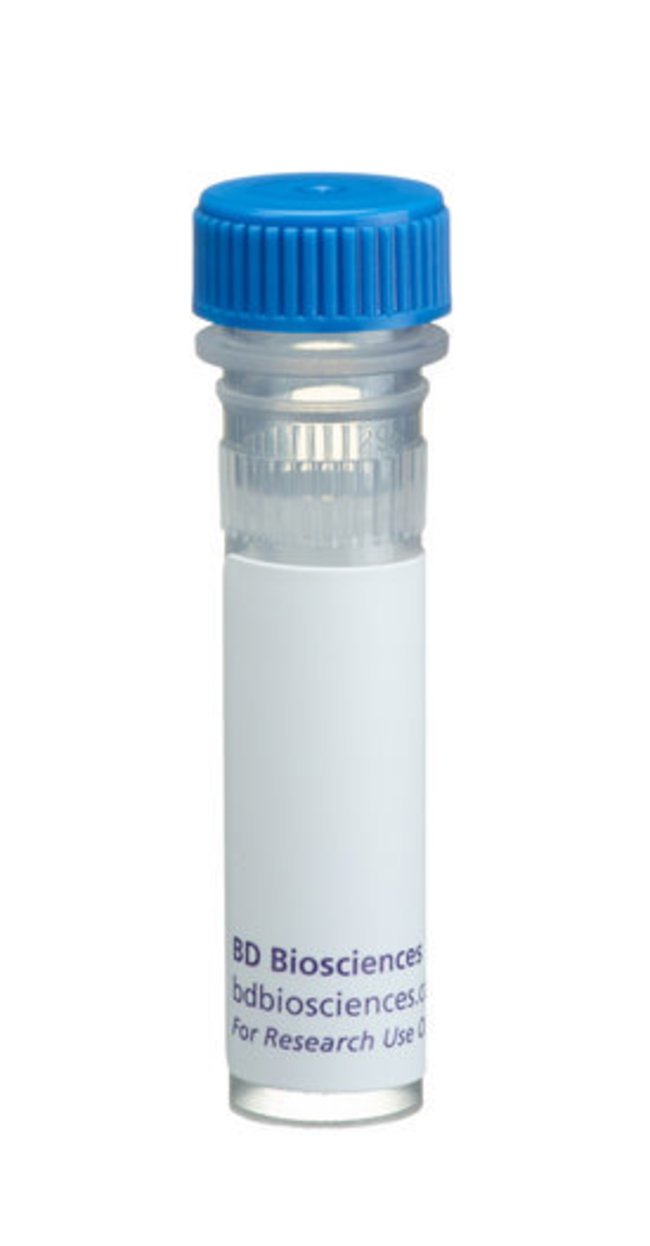$ 609.60
Details
Sphingolipid biosynthesis is initiated by condensation of L-serine with palmitoyl coenzyme A, a reaction catalyzed by serine palmitoyltransferase (SPT). SPT is the rate-determining enzyme in the sphingolipid pathway. This enzyme is a key component for regulating cellular sphingolipid content. Initially identified in SPT-deficient S. cerevisiae strains, LCB1 and LCB2 homologs have been identified and characterized in mouse, human, and CHO cell lines. The mammalian LCB1 protein has 35% amino acid identity with yeast LCB1, while the mammalian LCB2 protein has 43% amino acid identity with yeast LCB2. Both LCB1 and LCB2 are transmembrane proteins containing protein localization sites, predicting they are membrane-bound enzymes enriched in the endoplasmic reticulum. In mouse tissue, LCB1 and LCB2 are expressed ubiquitously, with the highest levels detected in kidney and brain. Transfection of SPT-defective CHO mutant strains with LCB1-expressing plasmid restores both SPT activity and de novo sphingolipid synthesis to wild type levels. Thus, LCB1 may be an essential component of SPT activity during mammalian sphingolipid biosynthesis.Host Species: MouseClone: 49Isotype: IgG1Species Reactivity: RatImmunogen: Mouse LCB1 aa. 121-238Formula Weight [Chemical]: 53kDaImmunofluorescence, Western Blotting


